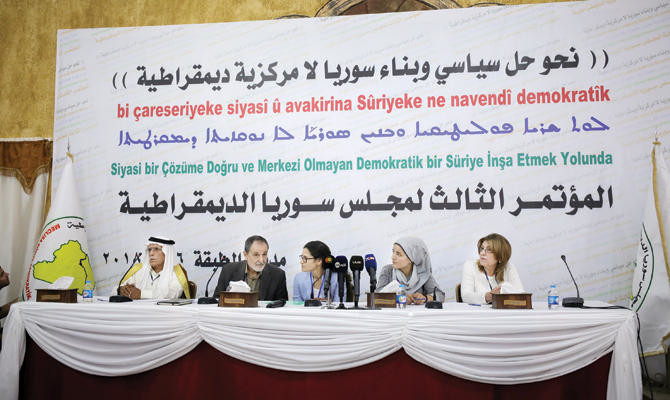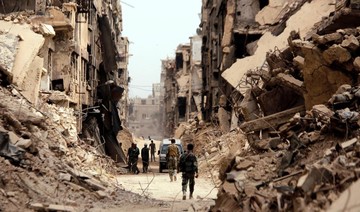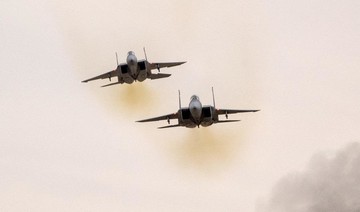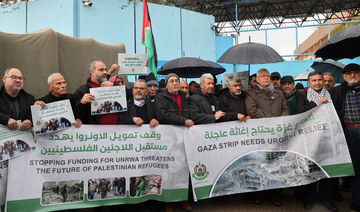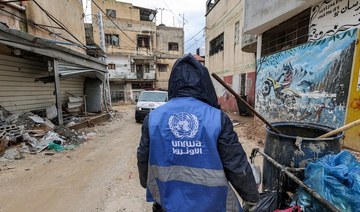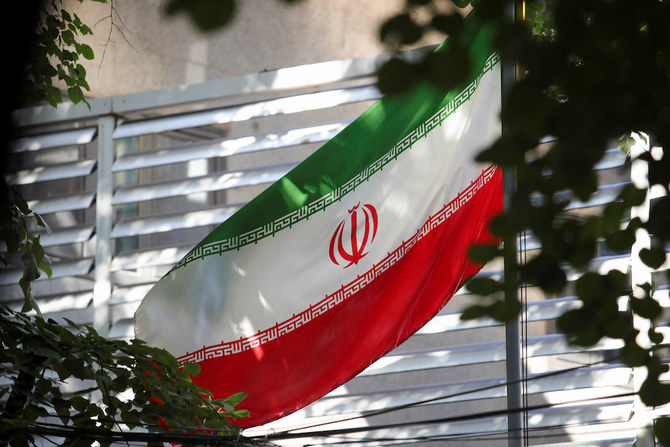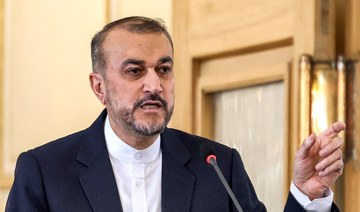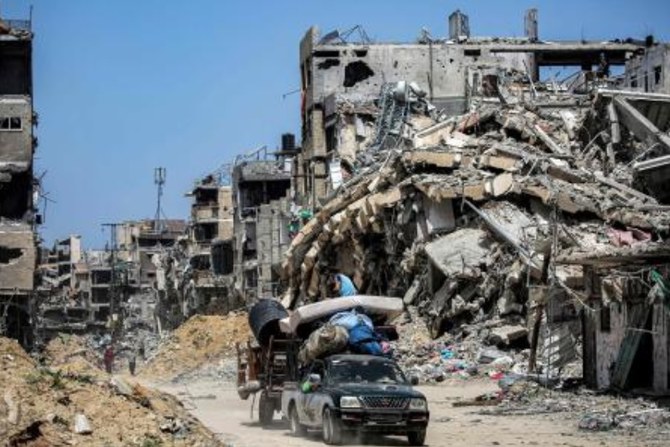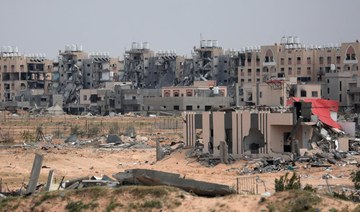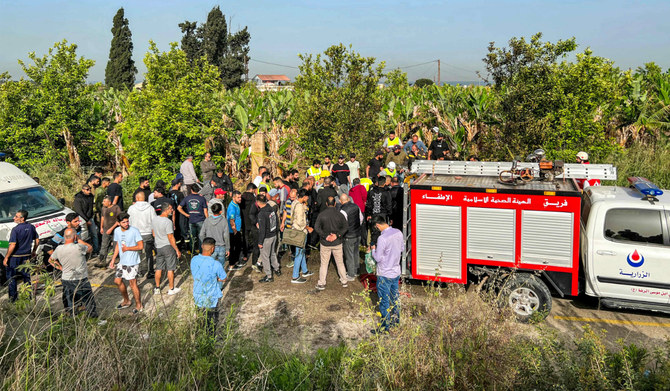TABQA: The political arm of the Kurdish-led Syrian Democratic Forces militia said on Monday it would work to set up a unified administration for areas it controls, a step that would consolidate its authority in northern and eastern Syria.
The SDF controls around a quarter of Syria, much of it captured from Daesh with help from the US-led coalition. It is the biggest chunk of the country outside the control of President Bashar Assad’s government.
The plan announced on Monday at a congress of the Syrian Democratic Council (SDC) in Tabqa aims to bring together a number of local administrations or councils that have emerged across SDF-held areas of northern and eastern Syria.
“This is an administration to coordinate among the areas because there are gaps ... to secure needs (and services) in all areas,” Ilham Ahmed, the co-chair of the SDC and a top Syrian Kurdish politician, told Reuters.
Ahmed said the initiative was still in the early phases of discussion and the goal was to include all areas under SDF control. “It will have a benefit when it comes to ensuring security and stability,” she said.
The SDF is spearheaded by the Kurdish YPG militia but has expanded beyond majority Kurdish parts of the north. Its territory now includes Raqqa, Daesh’s former Syrian base of operations, and Deir Ezzor province at the Iraqi border.
The group wants the Syrian conflict to end with a decentralized system that secures rights for minorities, including Kurds.
Territorial sway
The YPG and SDF have mostly avoided conflict with Assad during the seven-year war, setting them apart from rebels in western Syria who fought to topple him. The SDF and YPG say they do not seek an independent state.
Despite their big territorial sway, Syrian Kurdish groups have consistently been left out of UN peace talks, in line with the wishes of NATO member Turkey. It views the YPG as part of the Kurdish PKK, which has mounted a decades-long insurgency against the Turkish state.
Assad said last month Damascus was opening “doors for negotiations” with the SDF, but if these failed it would resort to force to recapture the areas where some 2,000 US forces are stationed. Though Kurdish leaders say they are ready to talk to Damascus, Ahmed signalled there had been no moves toward negotiations. She said Assad’s comments had not moved beyond “the theoretical level.”
The Kurdish-led administrations in northern Syria last year began a three-stage election that aimed to deepen their autonomy through the new elected institutions.
But the third and final stage of that election was postponed indefinitely after Turkey launched an incursion into the Kurdish Afrin region of northwest Syria, a leading Kurdish politician told Reuters last month.


